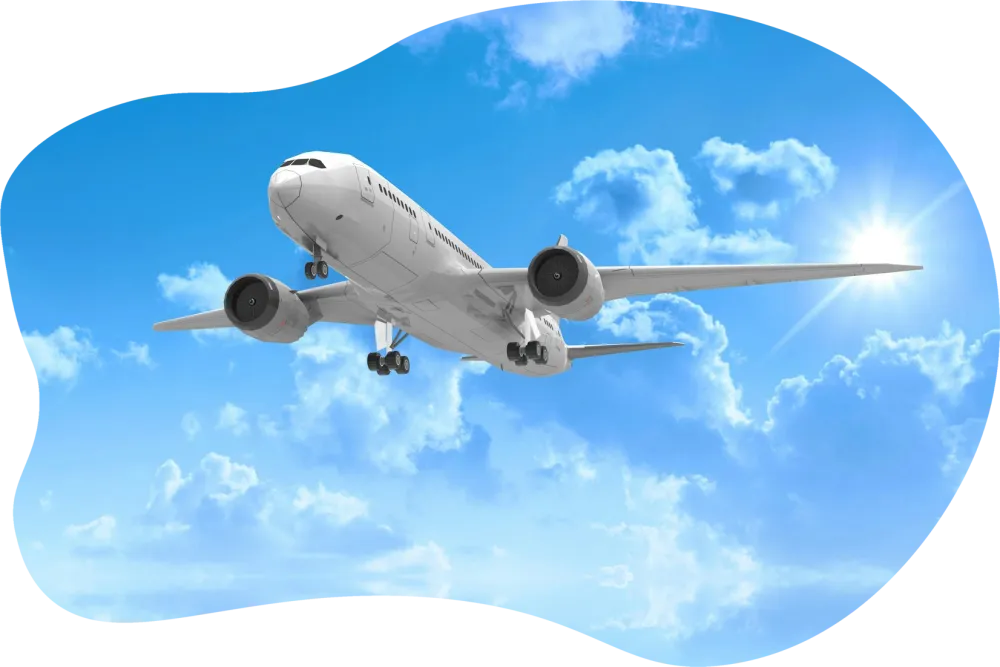How Long Does a Flight Have to Be Delayed to Get Compensation?

Flight delays are an unfortunate reality for many passengers. While most delays are minor inconveniences, others can disrupt travel plans entirely, leading to frustration and additional expenses. If you've ever wondered how long your flight must be delayed before you’re eligible for compensation, this guide is here to answer all your questions. By understanding your rights and the rules surrounding compensation, you’ll be better prepared the next time a delay occurs.
Understanding Passenger Rights for Delayed Flights
Passenger rights are primarily governed by regulations that vary by location. In Europe, the gold standard is the EU Regulation 261/2004 (EU261). This law outlines when passengers are entitled to compensation and what airlines must provide in case of significant delays. Similar laws exist in other parts of the world, such as the Montreal Convention and local policies in countries like the United States, Canada, and Australia. For this article, we’ll focus primarily on the rules under EU261, as they offer some of the most comprehensive protections.
Minimum Delay Time for Compensation
Under EU261, compensation depends on the length of the delay and the distance of your flight. Here’s how it works:
Short-Haul Flights (less than 1,500 km):
Compensation eligibility starts if the delay exceeds 3 hours.
Passengers may receive up to €250 for delays beyond this threshold.
Medium-Haul Flights (1,500 km to 3,500 km):
A delay of at least 3 hours qualifies for compensation of up to €400.
Long-Haul Flights (over 3,500 km):
If your flight is delayed by 4 hours or more, you could be entitled to compensation up to €600.
These timeframes apply to the delay at your final destination. For example, if a connecting flight causes you to arrive 4 hours late, you could still qualify even if the first leg of your journey was less delayed.
Situations Where Compensation May Not Apply
While EU261 is robust, there are exceptions to its rules. Compensation is not owed if the delay was caused by extraordinary circumstances outside the airline's control. These may include:
Severe weather conditions (e.g., hurricanes, snowstorms).
Security threats or emergencies.
Air traffic control strikes.
However, airlines are still required to assist passengers during such delays, providing food, refreshments, and accommodations if necessary.
What Airlines Must Offer During a Delay
Even if compensation is not guaranteed, airlines are obligated to provide certain amenities when delays occur. These include:
Meals and Drinks: Depending on the delay’s length and time of day.
Accommodation: For overnight delays.
Transportation: Between the airport and hotel if accommodation is provided.
Communication: Access to phone calls or emails to notify others of your situation.
For delays lasting over 5 hours, you may also have the right to a full refund or rebooking, regardless of the cause of the delay.
Steps to Claim Compensation
Check Your Eligibility: Confirm that your flight meets the criteria for compensation, considering factors like delay length, distance, and reason.
Gather Documentation: Keep your boarding pass, flight details, and any receipts for expenses incurred due to the delay.
Submit a Claim: Many airlines have online forms for compensation claims. Alternatively, services like Trouble Flight can assist you in navigating the process.
Follow Up: If the airline denies your claim, you can escalate the matter to a national enforcement body or small claims court.
Real-Life Examples
Imagine you’re flying from London to Paris, a route under 1,500 km. If your flight is delayed by more than 3 hours upon arrival, you’re eligible for compensation under EU261. Similarly, for longer flights, such as from New York to London, compensation thresholds adjust based on the distance.
Why Trouble Flight Is Your Best Ally
Navigating the claims process can be tedious, but that’s where Trouble Flight comes in. Our team specializes in handling compensation claims, ensuring you get what you’re owed without the hassle. From evaluating your eligibility to negotiating with airlines, we make the process simple and stress-free.
Conclusion
Knowing how long a flight must be delayed to qualify for compensation empowers you as a traveler. With clear guidelines under EU261 and other regulations, you can turn an otherwise frustrating experience into an opportunity to assert your rights. Whether you’re flying domestically or internationally, always remember to document delays and reach out for help when needed.
For quick and reliable assistance, contact Trouble Flight and let us handle the hard work while you focus on your journey.
Read also
- How Long Can Airlines Delay Your Flight?
- Flight Delayed East Midlands
- How to Claim Compensation for a Cancelled Flight at Zielona Góra Airport
- Flight Overbooking in Al Ain – Know Your Rights & Claim Compensation
- What to Do If Your Flight Is Delayed in Santorini
- Flight Overbooking in Milan – What to Do & How to Get Compensation
- Flight Cancelled in Cyprus? Here’s What You Need to Know
- Flight Cancelled Tricity? Know Your Rights & Claim Compensation
- Flight Cancelled Dubai: What to Do and How to Claim Compensation
